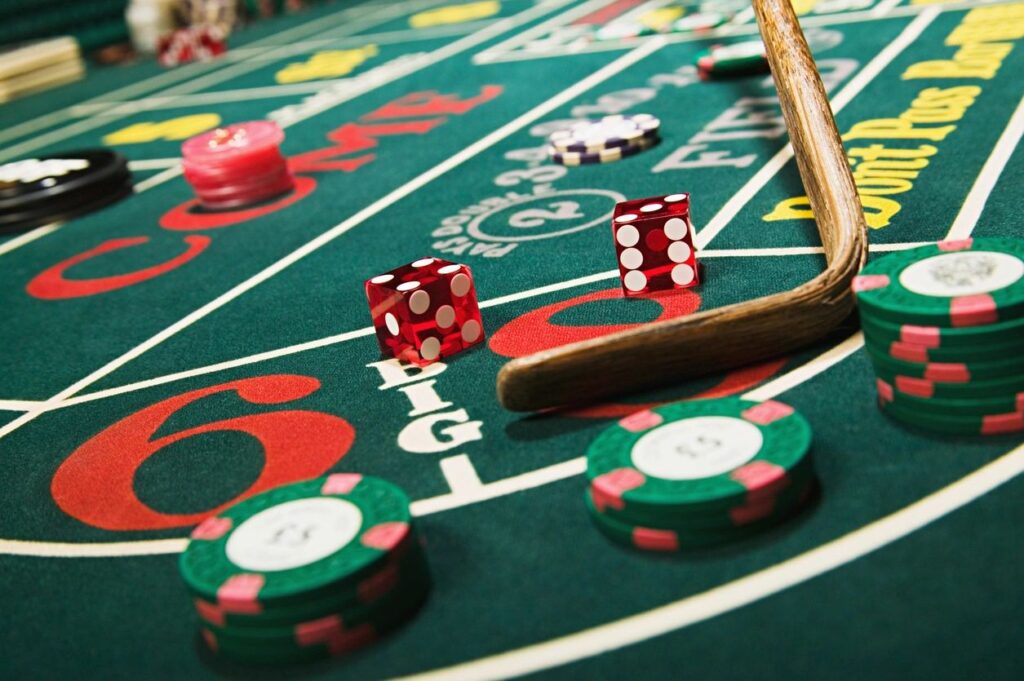
Materialism and Gambling
There are different ways we can talk about gambling. For example, we can talk about the way it’s similar to other compulsive and addictive behaviors. But one aspect we talk about surprisingly little is that gambling is, on some level, about money.
A new paper in Journal of Gambling Studies takes this angle. As the authors write, “gambling has never been studied from a materialism perspective.”
In other words, for a behavior that involves trying to win money, there’s a surprising lack of research on whether materialistic attitudes are a factor in gambling. To address this gap, the researchers surveyed 65 problem gamblers and 65 non-problem gamblers, administering surveys about their gambling behavior, financial attitudes and self-esteem.
The researchers found that problem gamblers were distinguished from non-problem gamblers by having higher levels of materialism on average. The link between materialism and problem gambling was especially true for a specific type of materialism: the belief that happiness depends on having material possessions.
Thus, problem gambling appears to come with a mindset that associates material goods and happiness. The authors of the study write that unlike people with compulsive buying, problem gamblers apparently “display materialism in a more experiential way that was centered on what possessions can induce secondarily rather than on the possessions themselves.”
There are implications here for how we treat problematic gambling. Most notably, materialistic attitudes seem to be part of the picture in addictive gambling. Treatment for this behavior, then, might more effective when it confronts the belief that material possessions and happiness go hand-in-hand.
Of course, figuring out how exactly these findings can be applied in interventions for problem gambling requires further studies on the topic. But this paper is a call not to overlook the role of materialism in gambling behavior, and especially in problem gambling.